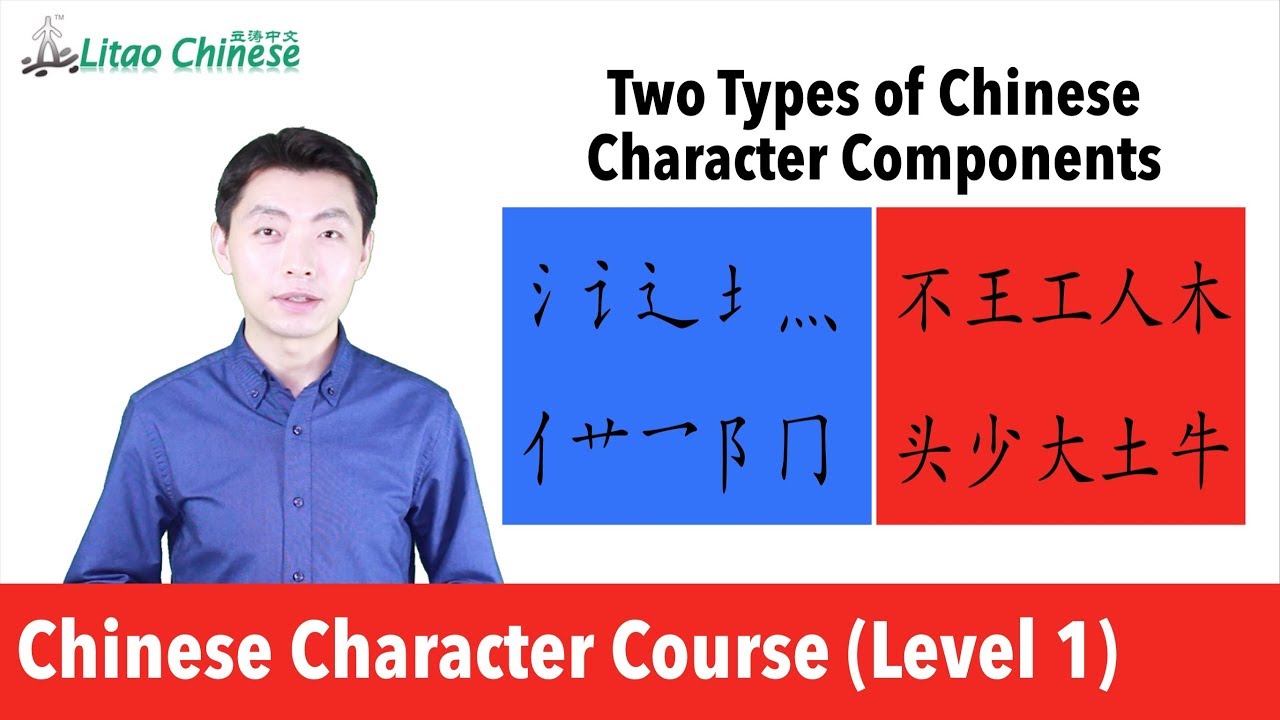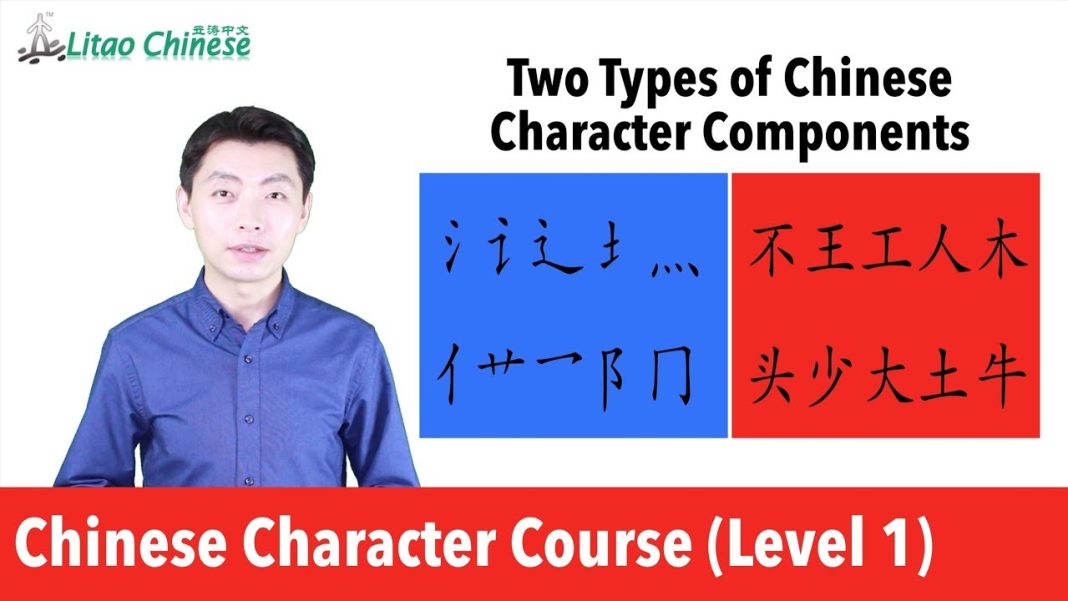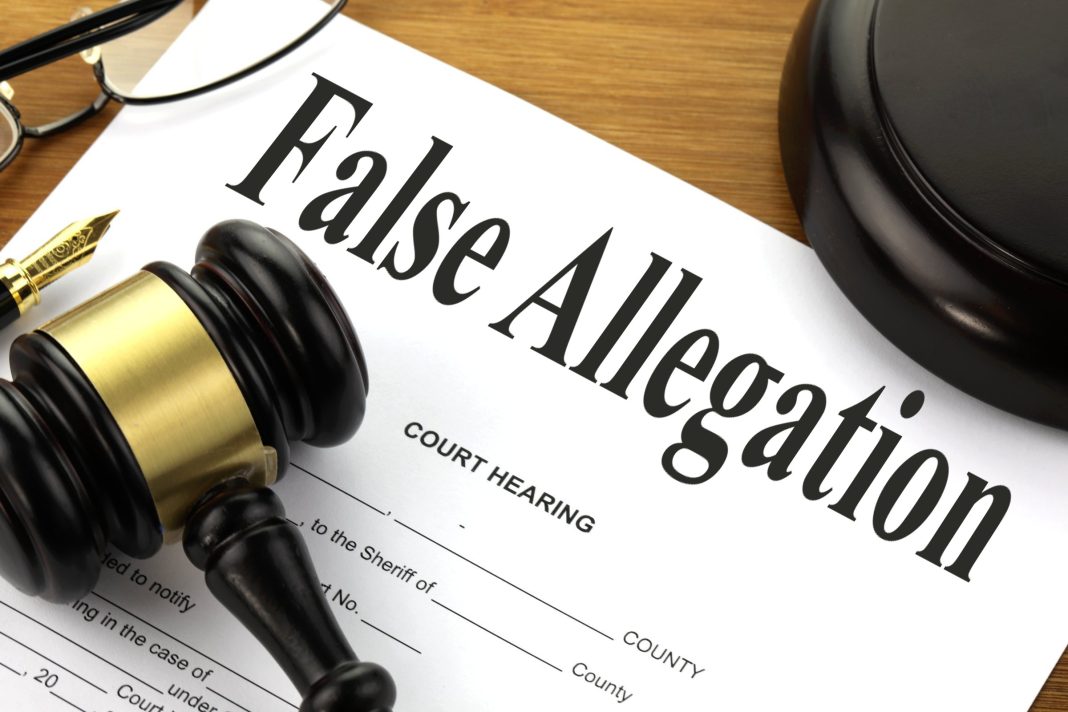 Biden Administration’s Final Rules for EV Tax Credits Criticized by Senator Manchin
Biden Administration’s Final Rules for EV Tax Credits Criticized by Senator Manchin
The Biden administration’s final rules for consumer electric vehicle (EV) tax credits have drawn criticism from Senator Joe Manchin of West Virginia. Manchin referred to the rules as “outrageous” and accused them of effectively endorsing “Made in China.” The Treasury Department recently finalized the guidance for the tax credit, which can provide up to $7,500 for a new EV and $4,000 for a used one. These tax credits were authorized by the 2022 Inflation Reduction Act (IRA), in which Manchin played a pivotal role as a swing vote.
The intent behind the IRA was to strengthen American EV manufacturing by limiting consumer tax credit access to vehicles manufactured in or sourced from Foreign Entities of Concern (FEOC). However, the final guidance has further eased these restrictions, allowing more cars with Chinese components to qualify for tax credits. Notably, graphite, a major EV battery material, has been added as a battery mineral under a two-year exemption. During this grace period, vehicles using battery minerals sourced from China will still be eligible for the tax benefit. Automakers seeking the exemption must outline their plans to stop sourcing from China before 2027.
China’s dominance in graphite production is significant, accounting for over three-quarters of the world’s supply, according to the United States Geological Survey. The Deputy Energy Secretary, David Turk, emphasized that the final rule strengthens energy and supply chain security, making it easier to move away from risky foreign supply chains that may not align with American values. However, Senator Manchin believes that these eased rules provide a long-term pathway for China and other foreign adversaries to remain in American supply chains.
In addition to the Treasury Department’s guidance, the Department of Energy also finalized its FEOC guidance on the same day. The FEOC definition encompasses any entity operating in China, Russia, Iran, or North Korea, including subsidiaries of U.S.-headquartered companies. These actions by the government are part of the Biden administration’s climate initiative, which aims to have half of new car sales be EVs by 2030.
The final rule allows for cash incentives or rebates at the point of sale, eliminating the need for consumers to wait until they file their tax returns to receive the credit. The Treasury reports that over 100,000 EV purchases have already taken advantage of the tax credit in 2022, resulting in a financial impact of more than $700 million.
The Alliance for Automotive Innovation, a trade association representing major automakers, praised the final rules for providing temporary flexibility in sourcing critical minerals for EV batteries. This flexibility allows domestic EV manufacturing more time to catch up. On the other hand, the National Mining Association (NMA) has a different take. It believes that the final rules create loopholes and exceptions that were not included in the Inflation Reduction Act, effectively granting a blank check from American taxpayers to China.
The final rules are set to take effect in two months, and their impact on the EV market remains to be seen. While there are differing opinions on the extent of the eased restrictions, it is clear that the Biden administration is committed to promoting EV adoption and domestic manufacturing in this rapidly growing industry.


